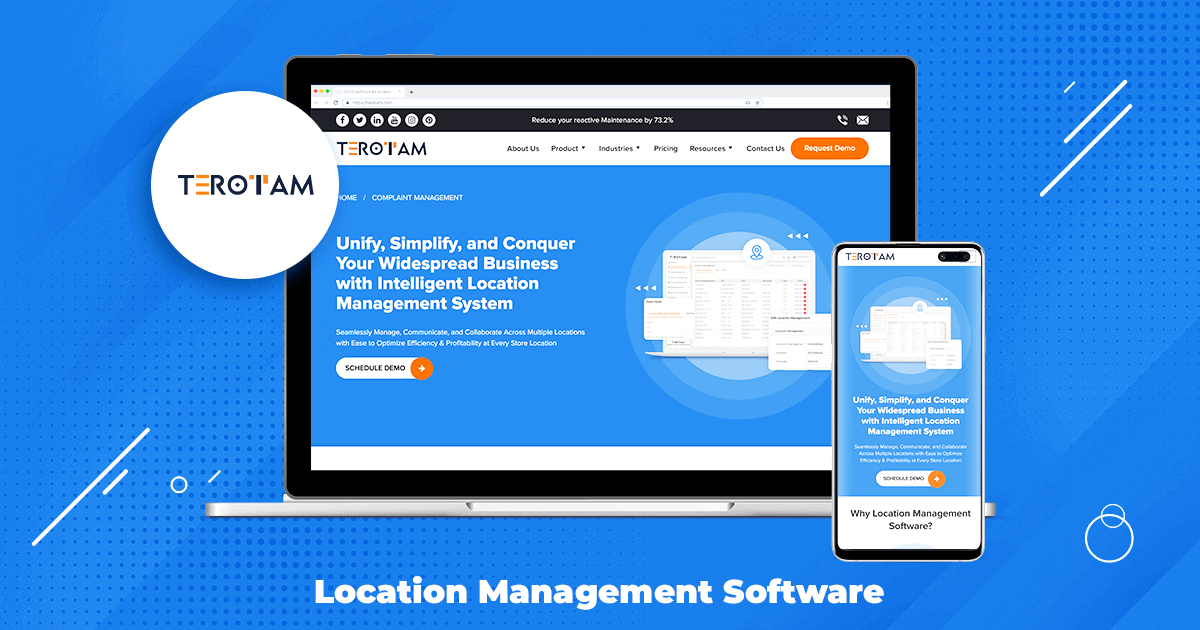Multi-Location Management: How POS Systems Facilitate Oversight and Coordination
In the modern business landscape, the management of multiple locations presents a unique set of challenges. Coordinating operations, overseeing inventory, and ensuring consistent customer experience across various sites can be a daunting task. However, with the advancement of technology, particularly the widespread adoption of Point-of-Sale (POS) systems, businesses have found a powerful tool to facilitate oversight and coordination across multiple locations.
Introduction to Multi-Location Management
The concept of multi-location management refers to the practice of overseeing and coordinating the operations of multiple business sites, such as retail stores, restaurants, or service outlets. It involves managing various aspects of each location, including sales, inventory, staffing, and customer service, while ensuring consistency in branding and customer experience.
Challenges of Multi-Location Management
Managing multiple locations comes with its own set of challenges. One of the primary obstacles is maintaining uniformity in operations and customer experience across different sites. Also, tracking inventory levels, monitoring sales performance, and managing staff schedules can become complex and time-consuming without the right tools and systems in place.
Moreover, ensuring compliance with regulations and standards at each location adds another layer of complexity to the management process.
The Role of POS Systems in Multi-Location Management
POS systems have emerged as a vital component in streamlining multi-location management. These systems integrate various functions into a single platform, including sales processing, inventory management, and customer relationship management.
With the ability to connect multiple locations to a central database, POS systems enable real-time oversight and coordination, empowering businesses to make data-driven decisions and maintain operational consistency across all sites.
Key Features of POS Systems for Multi-Location Management
- Centralised Reporting and Analytics: POS systems provide a centralised platform for generating comprehensive reports and analytics across all locations. This allows management to gain insights into sales trends, inventory levels, and customer behaviour, enabling informed decision-making and strategic planning.
- Inventory Management and Transfer: POS systems facilitate efficient inventory management by allowing businesses to track stock levels at each location and transfer inventory between sites as needed. This ensures optimal stock levels and minimises the risk of stockouts or excess inventory.
- Staff Scheduling and Performance Tracking: POS systems enable centralised staff scheduling and performance tracking, making managing workforce allocation and monitoring employee productivity across multiple locations easier.
- Unified Customer Data and Loyalty Programs: By integrating customer data and loyalty programs into a centralised POS system, businesses can provide a seamless experience for customers across all locations. This allows for consistent marketing efforts and personalised customer engagement strategies.
- Compliance and Security: POS systems help ensure compliance with regulations and security standards by centralising data management and implementing robust security measures to protect sensitive information.
Best Practices for Implementing POS Systems in Multi-Location Management
When implementing a Pos system for multi-location management, businesses should consider the following best practices:
- Scalability: Choose a POS system that can scale to accommodate the needs of multiple locations and support future growth.
- Integration: Ensure seamless integration with other business systems, such as accounting software, inventory management tools, and customer relationship management platforms.
- Training and Support: Provide comprehensive training to staff at all locations and establish a reliable support system to address technical or operational challenges.
- Data Security: Prioritise data security by implementing robust encryption, access controls, and regular security audits to protect sensitive information across all locations.
- Customisation: Look for a POS system that offers customisation options to accommodate specific business requirements and branding guidelines for each location.
The Future of Multi-Location Management with POS Systems
As technology advances, a Pos system‘s role in multi-location management is expected to expand further. With the integration of artificial intelligence and machine learning capabilities, POS systems can provide more sophisticated insights and predictive analytics to support strategic decision-making.
Additionally, adopting mobile POS solutions and contactless payment options will enhance the flexibility and efficiency of operations across multiple locations.
Conclusion
It’s evident that POS systems have become the backbone of multi-location management, simplifying the complexities and bringing a sense of unity to diverse business sites. The ability to centralise operations, gain valuable insights, and ensure consistency is a game-changer for businesses with multiple locations.
As technology marches forward, it’s exciting to imagine the enhancements and innovations that will continue redefining how businesses oversee and coordinate their operations. So, if you’re at the helm of a multi-location business, embracing a robust POS system could be the strategic move that propels your enterprise towards seamless efficiency and success.




